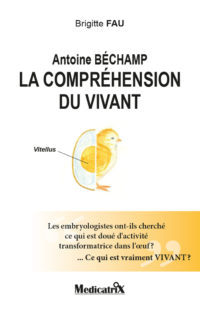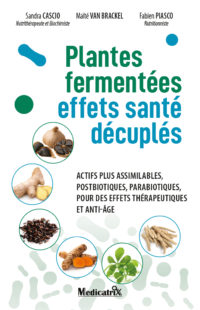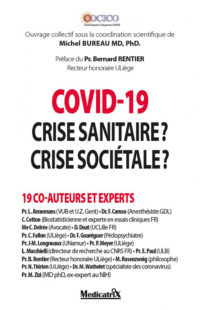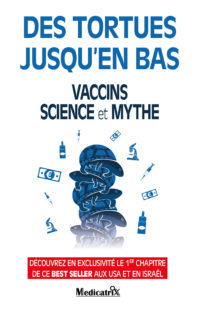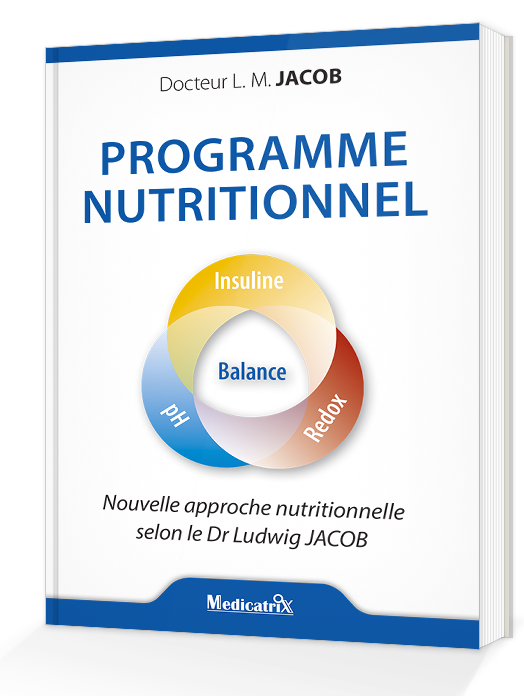[wpfilebase tag=file id=118 /]Polyphenol-rich dietary foodstuffs have attracted attention due to their cancer chemopreventive and chemotherapeutic properties. Ellagitannins (ETs) belong to the so-called hydrolysable tannins found in strawberries, raspberries, walnuts, pomegranate, oak-aged red wine, etc. Both ETs and their hydrolysis product, ellagic acid (EA), have been reported to induce apoptosis in tumour cells. Ellagitannins are not absorbed in vivo but reach the colon and release EA that is metabolised by the human microflora.
Our aim was to investigate the effect of a dietary ET [pomegranate punicalagin (PUNI)] and EA on human colon cancer Caco-2 and colon normal CCD-112CoN cells. Both PUNI and EA provoked the same effects on Caco-2 cells: down-regulation of cyclins A and B1 and upregulation of cyclin E, cell-cycle arrest in S phase, induction of apoptosis via intrinsic pathway (FAS-independent, caspase 8-independent) through bcl-XL down-regulation with mitochondrial release of cytochrome c into the cytosol, activation of initiator caspase 9 and effector caspase 3. Neither EA nor PUNI induced apoptosis in normal colon CCD-112CoN cells (no chromatin condensation and no activation of caspases 3 and 9 were detected).
In the case of Caco-2 cells, no specific effect can be attributed to PUNI since it was hydrolysed in the medium to yield EA, which entered into the cells and was metabolised to produce dimethyl-EA derivatives. Our study suggests that the anticarcinogenic effect of dietary ETs could be mainly due to their hydrolysis product, EA, which induced apoptosis via mitochondrial pathway in colon cancer Caco-2 cells but not in normal colon cells.





